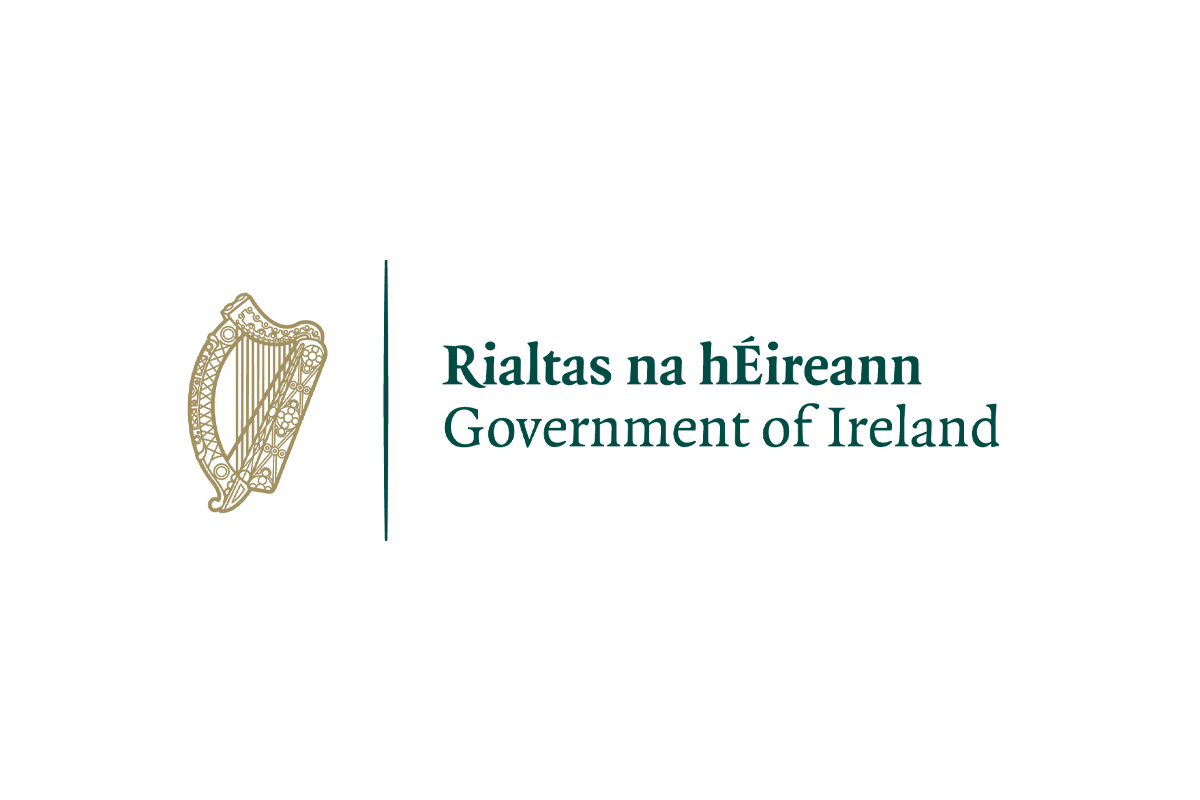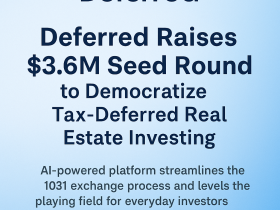The Department of Finance today (Wednesday, 9th August) published a stakeholder survey as part of the development of a national financial literacy strategy.
The online survey is now open to all stakeholders to enable them to provide details of their current activities in financial literacy and education, as well as their views on what a national strategy for financial literacy in Ireland should look like.
This survey is part of the initial mapping phase of the development of the strategy and it aims to gather information on the existence of financial literacy programmes and financial education initiatives across government departments, state agencies, civil society, NGOs, representative bodies and the financial sector. It also aims to map access to financial education across the population.
The survey will remain open until 15 September 2023. The responses to the survey will form the basis of further stakeholder engagement in identifying areas of financial literacy gaps to be closed and possible target audiences for interventions.
Commenting on today’s publication Minister for Finance Michael McGrath TD said: “The launch of this survey is a very important step in the development of a national financial literacy strategy. Involving the perspectives of all stakeholders will be integral to developing a strategy that works for all parts of Irish society. I would encourage all relevant stakeholders to make their views known through the survey and I look forward to examining the feedback once the survey is completed.”








Leave a Reply